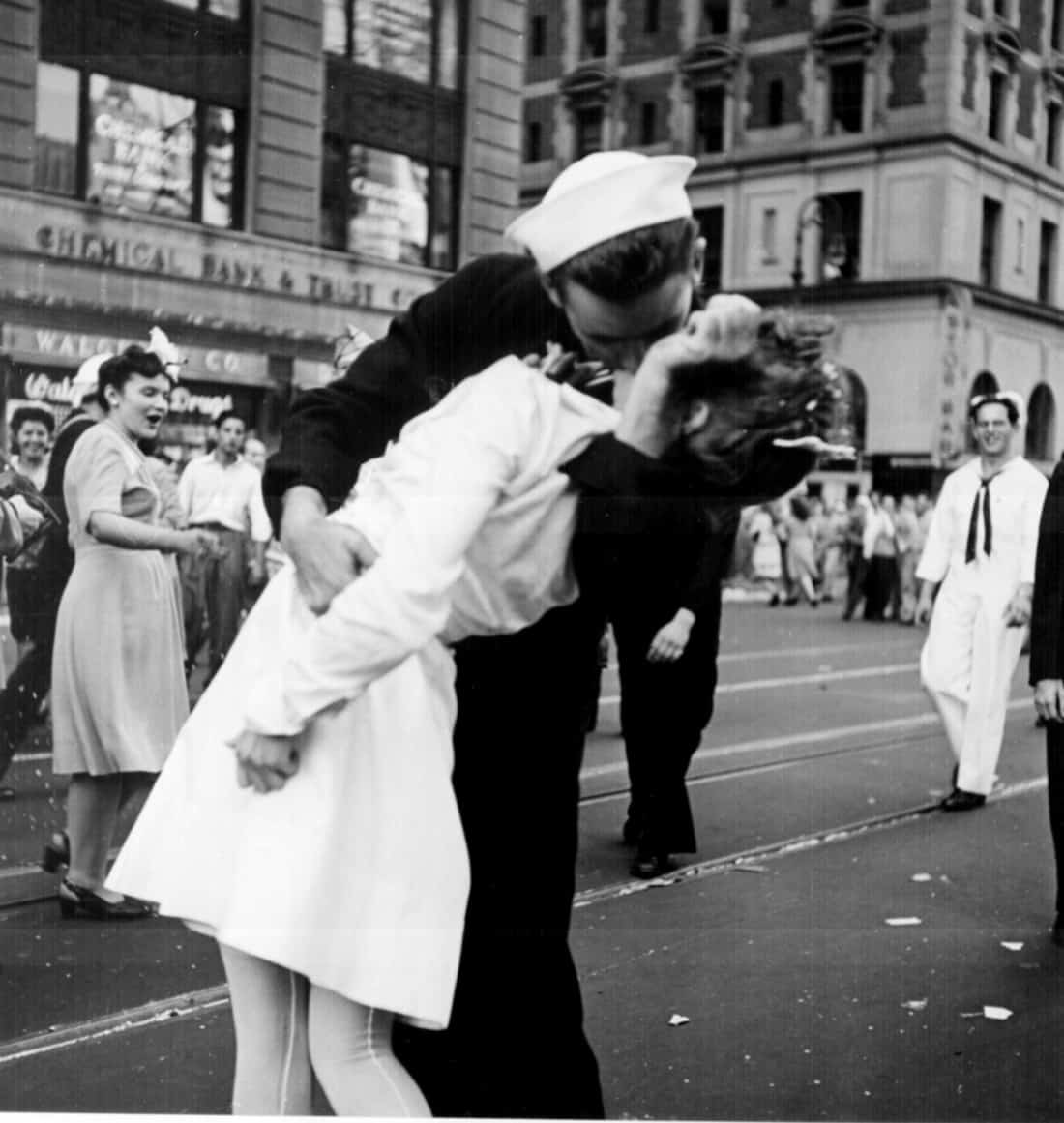Framing Streets - An Overview
Framing Streets - An Overview
Blog Article
The smart Trick of Framing Streets That Nobody is Discussing
Table of ContentsThe smart Trick of Framing Streets That Nobody is Talking AboutExamine This Report on Framing StreetsThe 7-Minute Rule for Framing StreetsFraming Streets Fundamentals ExplainedThe Framing Streets PDFsThe Buzz on Framing StreetsExamine This Report on Framing StreetsFraming Streets Fundamentals Explained
Janis and Mac, Neil, 56, quoted in James Guimond, American Digital Photography and the American Dream, Chapel Hill: University of North Carolina Press 1991, 242. Retrieved 15 February 2015. Fetched 28 April 2015.Gotten 17 January 2015. O'Hagan, Sean (15 October 2014). "Garry Winogrand: The uneasy brilliant who offered street digital photography mindset". Obtained 17 January 2015. 'Brassai speaking about photography: A meeting with Tony Ray-Jones', Creative Camera, April 1970, p. 120. Risch, Conor; Pedestrian, David; Hughes, Holly Stuart (July 2018). "What is Street Photography?".
Unknown Facts About Framing Streets

"The communicative functions of street and social landscape digital photography". 12 "Disrupting the Road. "The Communicative Roles of Street and Social Landscape Digital Photography".
Motivated Eye. Fetched 20 May 2014. (PDF).
Gotten 2019-08-13. "Road Shootings: Covert Digital Photography and Public Privacy". LII/ Legal Info Institute.
Our Framing Streets Statements
, 2017., 2001.
The Road Photographer's Handbook. "Private Lives, Public Places: Street Photography Ethics". Journal of Mass Media Ethics.
These are the inquiries I shall try to respond to: And then I'll leave you with my very own definition of street photography. Yes, we do. Let's start with specifying what an interpretation is: According to . photography presets it is: "The act of defining, or of making something precise, unique, or clear"
Framing Streets for Beginners
The Encyclopaedia Brittanica really does a rather excellent task of specifying road digital photography: "Road photography, a style of photography that videotapes daily life in a public area. The actual publicness of the setting makes it possible for the photographer to take honest photos of complete strangers, frequently without their expertise. Street professional photographers do not necessarily have a social objective in mind, but they favor to isolate and record moments which might or else go undetected." You might say that a meaning is restricting, and you don't intend to be limited! That's great, you can completely be a street digital photographer that is also a documentary professional photographer, or a fine art professional photographer that makes use of a road digital photography method, and so on.
See where I'm going with this? It appears a little hard to be genre-less in a genre-full method. A huge part of the problem appears to develop from the fact that the word "road" is in the title; being a wild animals photographer it's obvious your pictures will be of wildlife, being a sporting activities professional photographer its very clear what you are photographing, yet when you are a road digital photographer it's not rather to clear cut ...
No, most definitely not. The term is both restricting and misleading. Seems like a street digital photography need to be pictures of a roads ideal?! And all street photographers, except for a little number of outright beginners, will fully appreciate that a road is not the crucial part to street photography, and really if it's a photo of a road with maybe a couple of boring people not doing anything of passion, that's not street digital photography that's a picture of a street.
He makes a valid factor do not you believe? While I concur with him I'm not sure "candid public digital photography" will certainly catch on (although I do kind of like the term "candid digital photography") because "road photography" has been around for a lengthy time, with lots of masters' names connected to it, so I believe the term is here to remain.
These are the concerns I will attempt to answer: And after that I'll leave you with my own definition of road photography. Yes, we do. Let's kick off with specifying what an interpretation is: According to it is: "The act of defining, or of making something definite, unique, or clear".
What Does Framing Streets Do?
The actual publicness of the setup enables the professional photographer to take honest pictures of complete strangers, commonly without their expertise. You may argue that a meaning is limiting, and you don't want to be limited! That's great, you can totally be a street professional photographer who is likewise a docudrama digital photographer, or a fine art photographer who utilizes a street photography method, etc.
See where I'm look at this now selecting this? It appears a little hard to be genre-less in a genre-full practice. A large part of the trouble seems to emerge from the truth that words "street" remains in the title; being a wild animals digital photographer it's obvious your photographs will be of wildlife, being a sports digital photographer its very clear what you are photographing, yet when you are a street professional photographer it's not quite to apparent ...
No, definitely not. The term is both limiting and deceiving. Sounds like a road digital photography need to be images of a streets best?! And all road photographers, except for a tiny number of outright novices, will totally value that a street is not the vital part to street photography, and in fact if it's a photo of a street with maybe a couple of uninteresting people not doing anything of rate of interest, that's not street digital photography that's a photo of a street.
He makes a legitimate factor do not you think? However, while I agree with him I'm uncertain "candid public digital photography" will catch on (although I do sort of like the term "candid photography") because "road digital photography" has actually been around for a lengthy time, with several masters' names affixed to it, so I think the term is here to stay.
Report this page